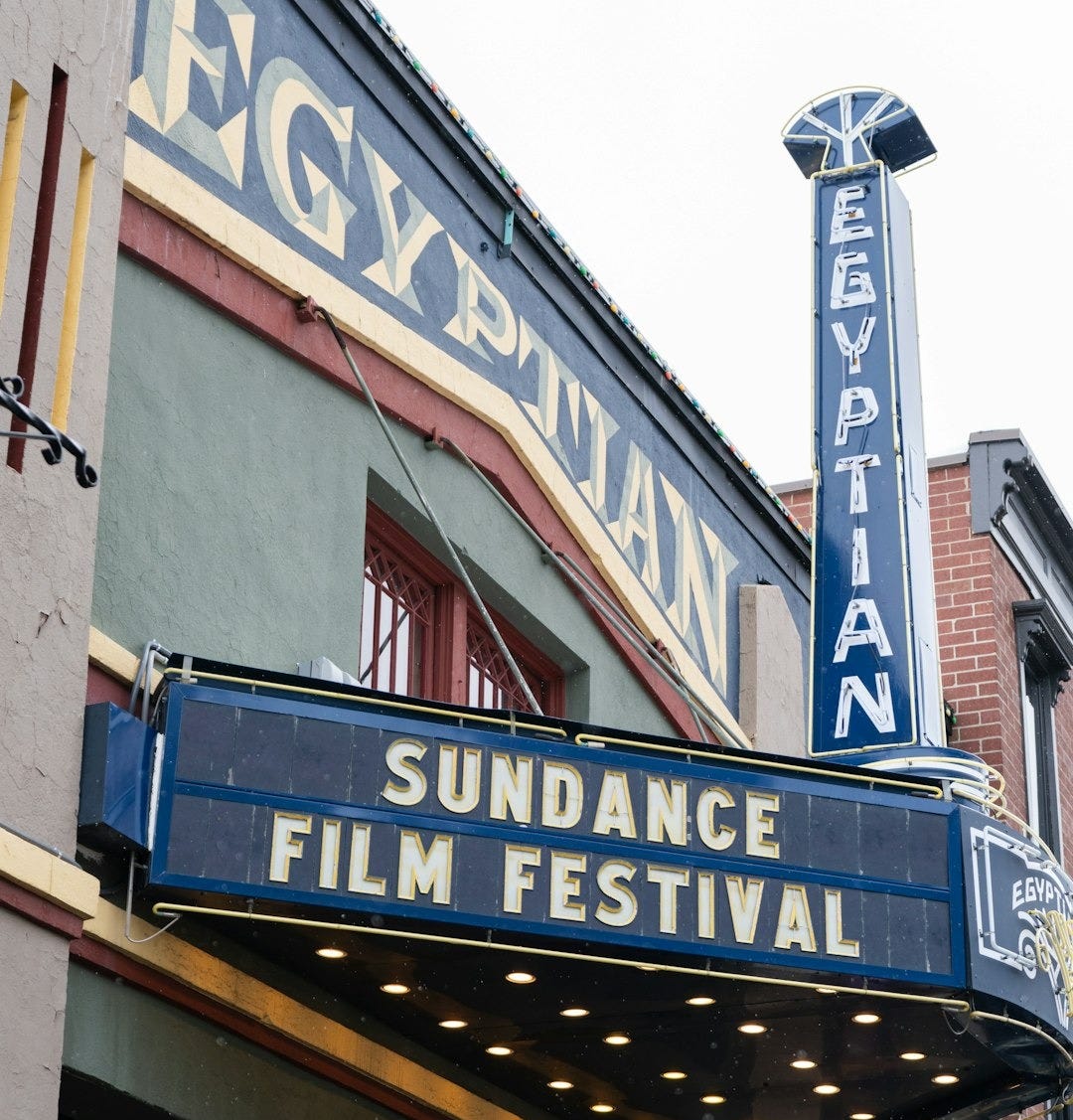Think the Cultural Insanity is Over? Welcome to Sundance 2025
The elite film festival preaches the same old dogmas

When you want to have a laugh, which names and brands do you turn to?
I bet none of you said Harvard’s Religion, Conflict, and Peace Initiative.
It’s a brand, no doubt an impressive one in many circles. But it’s not exactly the Comedy Cellar.
Yet the RCPI apparently has an interest in standup comedy. The folks there have in…
Keep reading with a 7-day free trial
Subscribe to Shiny Herd to keep reading this post and get 7 days of free access to the full post archives.




